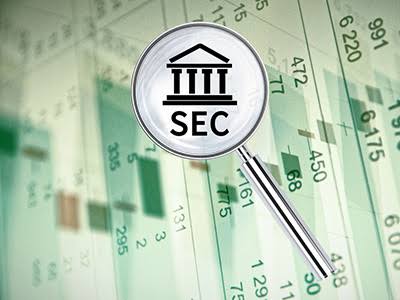The United States Securities and Exchange Commission (SEC) has issued its largest-ever whistleblower award totaling $279 million.
The SEC generally issues awards ranging between 10% to 30% of collected monetary sanctions larger than $1 million. To receive such an award, the whistleblower must provide information that directly assists the SEC in successfully imposing enforcement actions on a particular case.
In a May 5 statement, the SEC noted that the $279 million awarded to the unnamed whistleblower was more than double the previous record of $114 million from back in October 2020.
Additionally, the $279 million figure awarded in this latest case is more than all of the whistleblower awards issued for 2022, with the SEC dishing out $229 million across 103 awards last year. “The size of today’s award — the highest in our program’s history — not only incentivizes whistleblowers to come forward with accurate information about potential securities law violations, but also reflects the tremendous success of our whistleblower program,” said Gurbir Grewal, director of the SEC’s division of enforcement.
These awards come from an investor protection fund established by the U.S. Congress. It is funded via collected monetary sanctions paid to the SEC by securities law violators and does not come from funds that are owed to harmed investors. In these circumstances, the SEC does not refer to the specific case the whistleblower award relates to or the name of the whistleblower to protect their privacy.
As such, it is unclear if this relates to a major securities violation from the crypto sector or Wall Street. Regarding the whistleblower, the SEC did note that they helped provide key info on a case it was already working on. “The whistleblower’s sustained assistance, including multiple interviews and written submissions, was critical to the success of these actions,” noted Creola Kelly, the chief of the SEC’s office of the whistleblower. “While the whistleblower’s information did not prompt the opening of the Commission’s investigation, their information expanded the scope of misconduct charged,” she added.

